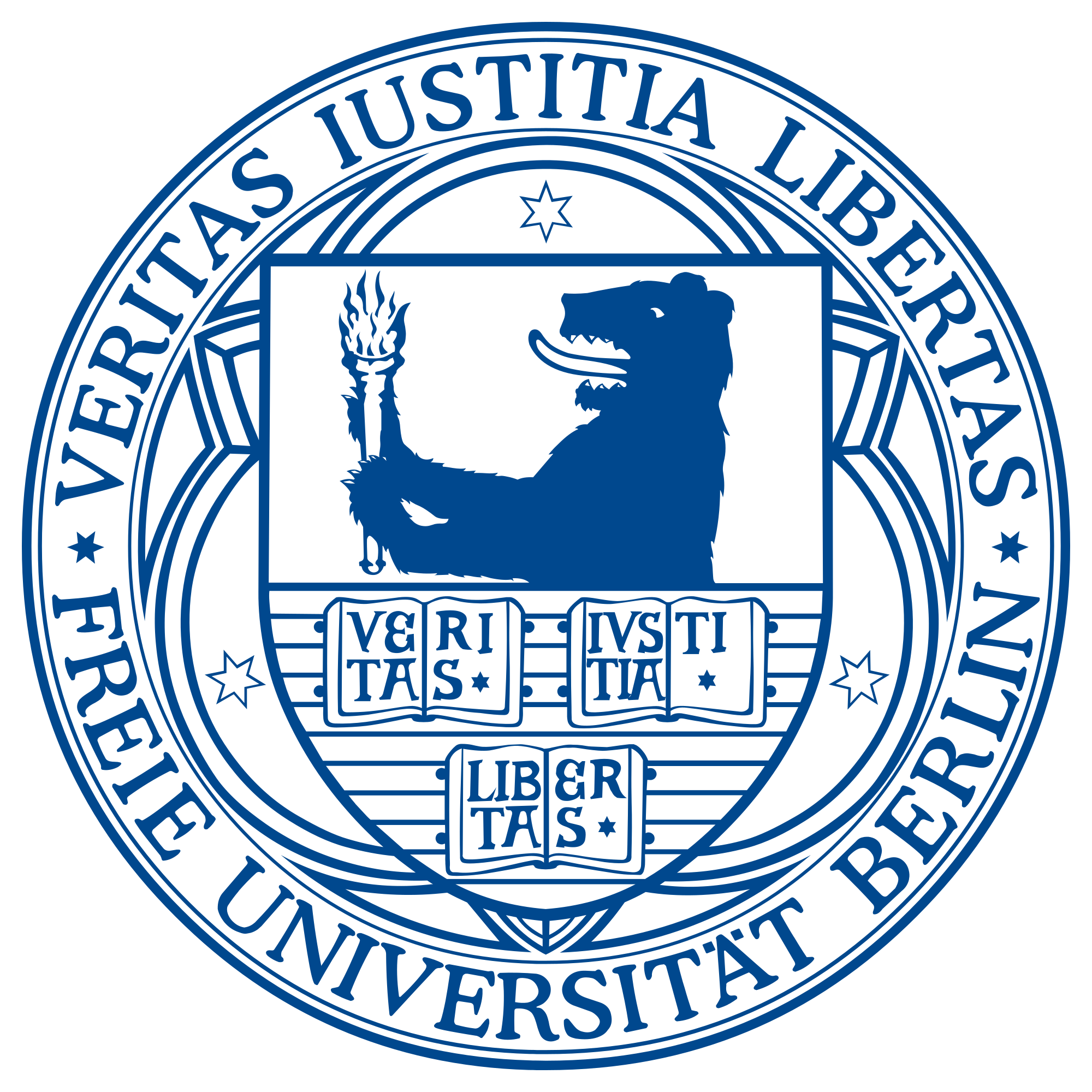| Overview | |
|---|---|
| Type: Public | Minimum German requirement: B2 |
| Courses offered: T-Course, W-Course, M-Course, G/S-Course | Tuition Fee: Free |
| Intake: Winter Semester | Admission difficulty: High |
| Location: Berlin, Berlin | Entrance exam: Yes |
| City size: Large | Internal FSP: Yes |
| Pros | Cons |
|---|---|
| No Tuition Fee | Selective admission process |
| Passing the final test (FSP) opens the doors to both universities and universities of applied sciences across all Germany | B2 German certificate is needed for the application |
| Located in one of the most important economic and cultural centers in Germany | Relatively high competition |
| Application is possible only for the Winter Semester |
| Semester | Application deadline | Entrance exam dates | Semester start date |
|---|---|---|---|
| Winter | mid-July | mid-September | Early October |
| Summer | – | – | – |
About Berlin

Berlin, the capital of Germany, is located in its northeastern region. The city’s main airport is the brand new Berlin Brandenburg Airport (BER). Located approximately 18 km south of the city center, it offers direct flights to locations throughout Europe and beyond. In addition, Berlin has numerous train stations, including Europe’s largest train station, Hauptbahnhof, and is well served by highways.

Monthly living costs: 800 – 1000 €. That includes the cost of accommodation (400 – 750€), Food and groceries (180 – 300€), transportation (70 – 90€), and health insurance (100 – 120€). The cost of living in Berlin can vary depending on location, type of housing and individual spending preferences. However, Berlin is generally considered a reasonably affordable option for students when compared to other major European cities.

Berlin is the largest city in Germany and the second most populous city in the EU with a population of over 3.7 million. Berlin has a large student population, with approximately 200,000 students enrolled in various schools and colleges throughout the city.
Berlin’s dense population is responsible for the high cost of living (compared to most German cities), especially in certain areas of the city. The many affordable options available to students include student housing, public transportation, and cheap meals at university cafeterias, to name a few.
Despite the relatively high cost of living, Berlin offers a unique and varied student experience with a wide range of cultural, social, and educational opportunities. The city is home to several prestigious universities, such as the Technische Universität Berlin and the Humboldt Universität zu Berlin, as well as a thriving art and music scene, numerous museums, and a wide variety of restaurants and cafes.
2 responses to “Studienkolleg FU Berlin”
-
My daughter just applied for the G and S-Kurs, and took the test. She had a test in German, if you can call filling in a Close test an acceptable Language test. I do not! Also, she had to take a test where she was given a graph or diagram with information and one had to answer statistical mathematic information about it. So, there were 2 tests. Of course all tests were in German so they were German tests too.
-
We hope your daughter has passed the entry test. It is always recommendable to practice the sample tests from last years to get acquainted with the entry test of each Studienkolleg in advance.
-






Leave a Reply